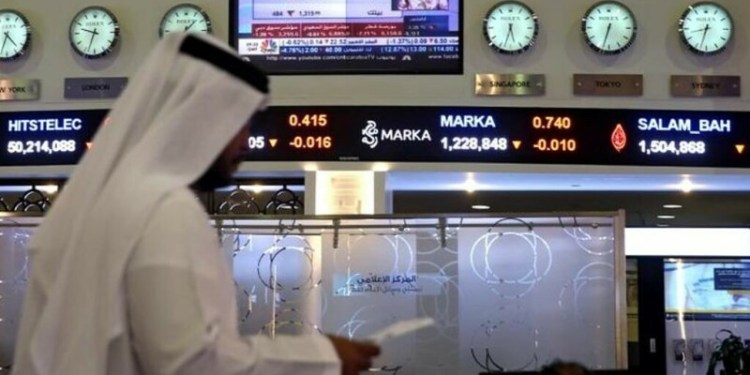TOKYO (Reuters) – Asian shares inched higher on Wednesday as investors waited for more clues on global growth prospects, while the Japanese stock market took a break from its recent rally as the yen’s declines paused.
The MSCI’s broadest index of Asia-Pacific shares outside Japan was up 0.2 percent, pulled higher by a 0.3 percent gain in Australian shares and South Korean shares advancing 0.2 percent.
“There’s no real momentum in the market before China’s fourth quarter GDP figures on Friday, so shares are likely to coast, with individual stocks aligning with earnings expectations,” said Kim Sung-hwan, an analyst at Bookook Securities in Seoul.
The World Bank sharply cut its 2013 outlook for the world economy on Tuesday to 2.4 percent from its last forecast in June of 3.0 percent, blaming an unexpectedly sluggish recovery in developed countries for holding back global growth.
Japan’s benchmark Nikkei stock average opened down 0.7 percent, after closing at a 32-month high on Tuesday, as a pause in the yen’s recent selloff appeared to prompt some profit taking.
The dollar and the euro were off their lows against the yen hit the previous session after a Japanese official warned of damage from an excessive yen weakness through rising import prices.
The remarks spurred a correction to the yen’s sharp and rapid declines over the past two months on expectations the new government will embark on aggressive fiscal stimulus while pushing the Bank of Japan to take bold monetary easing steps.
Japan’s cabinet approved on Tuesday a $147 billion (91 billion pounds) extra budget, bringing government spending to the third-highest on record as Tokyo tries to boost a flagging economy.
Data on Wednesday showed Japan’s core machinery orders rose 3.9 percent in November (Xetra:A0Z24E – news) on the month, overshooting a 0.3 percent rise forecast, although uncertainty over the global economy may continue to weigh on business investment.
The dollar traded at 88.75 yen, off the previous day’s low of 88.28 yen after scaling its peak since June 2010 of 89.67 on Monday.
The euro was at 118.11 yen, after slumping to 117.60 the day before from its highest since May 2011 of 120.13 yen touched on Monday.
“Yen weakness has already been priced in as a catalyst, so unless the yen weakens further, people may not chase the market higher aggressively,” said Hiroichi Nishi, an assistant general manager of equity research at SMBC Nikko Securities.
Most U.S. stocks rebounded on Tuesday after data showed retail sales in December increased 0.5 percent, beating economists’ expectations for a 0.2 percent gain.
Concerns about a U.S. fiscal problem weighed on U.S. stocks, however.
Fitch Ratings warned on Tuesday that the United States faces a “material risk” of losing its top AAA-rating if there is a repeat of the political wrangling over the debt ceiling seen in 2011. The U.S. Treasury has cautioned the country would fail to meet its debt obligations between mid-February and early March.
The five-year cost to insure U.S. Treasuries on Tuesday rose to 0.43 percentage point, the highest level since early October.
The euro was pressured by a weak economic report from Germany as well as comments from the chairman of the euro zone finance ministers, Jean-Claude Juncker, who told a business meeting in Luxembourg on Tuesday that the euro was “dangerously high” without elaborating.
The euro steadied around $1.3313, after reaching an 11-month high of $1.3404 on Monday.
Platinum rose to a three-month high of $1,699.50 an ounce on Tuesday on supply fears amid firm demand from China and the United States, trading at a premium to gold for the first time since March 2012. Platinum had hovered at a historically unusual discount to the yellow metal for much of last year.
U.S. crude rose 0.2 percent to $93.48 a barrel.
(Additional reporting by Ayai Tomisawa in Tokyo and Somang Yang in Seoul; Editing by Shri Navaratnam)
Source: Reuters


























